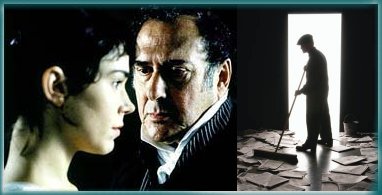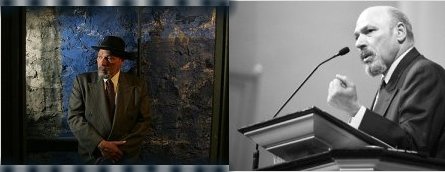Saint-Lô + Waiting for Beckett
Friday, March 4th, 2011(Saint-Lô ) 
Vire will wind in other shadows
unborn through the bright ways tremble
and the old mind ghost-forsaken
sink into its havoc.-Samuel Beckett, “Saint-Lô” (1946)
Beckett might have sat out World War II in his native Ireland, but as he later quipped in an interview with Israel Shenker, “I preferred France in war to Ireland at peace.” By 1941 he had joined the Resistance in Paris, largely as a response to the arrest of such Jewish literary friends as his old Trinity College classmate Alfred Péron. As a neutral Irishman who spoke fluent French, Beckett was in great demand; he and his companion (later wife) Suzanne Deschevaux-Dumesnil joined Gloria, a reseau de renseignement or information network, whose main—and dangerous—job was to translate documents about Axis troop movements and relay them to Allied headquarters in London.
Waiting for Beckett: A Portrait of Samuel Beckett is a must for anyone interested in his work. It traces Beckett’s early years in Ireland and Paris, before discussing the impact of his novels, plays and late work with the help of friends, scholars and publishers.
A Piece of Mononlogue Waiting for Samuel Beckett (all six parts of the documenatry film are linked here)
Georges Bataille (1951):
What ‘Molloy’ reveals is not simply reality but reality in its pure state: the most meager and inevitable of realities, that fundamental reality continually soliciting us, but from which a certain terror always pulls us back. . . . There is in this reality the essence or residue of being. . .
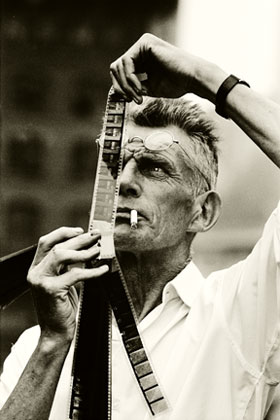
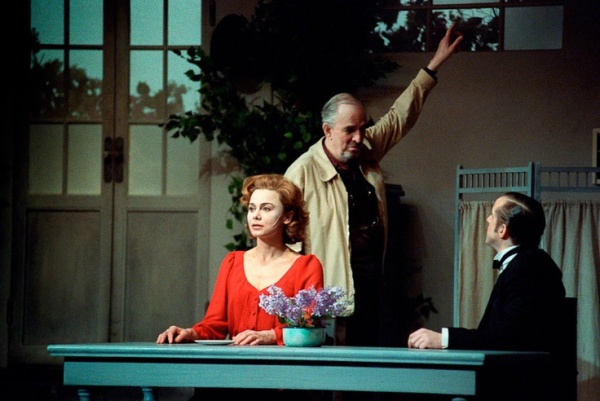
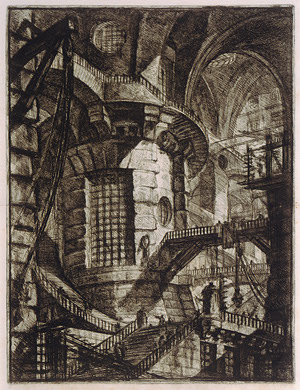
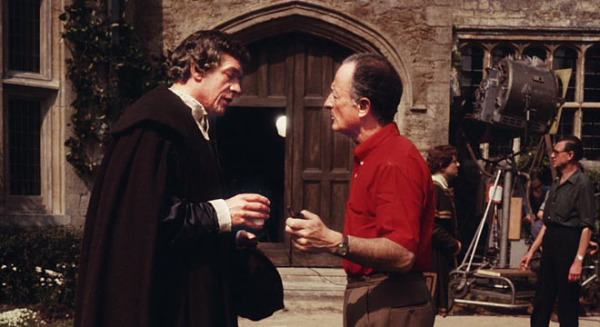
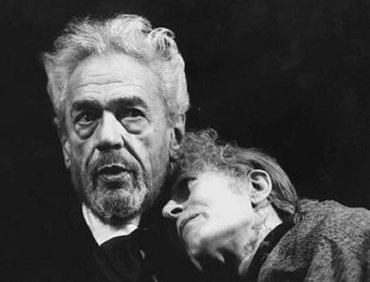
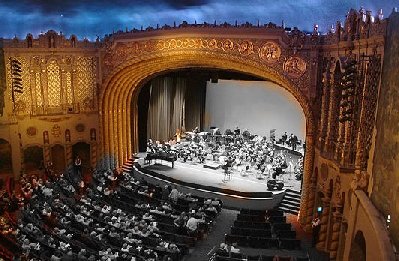

 (
(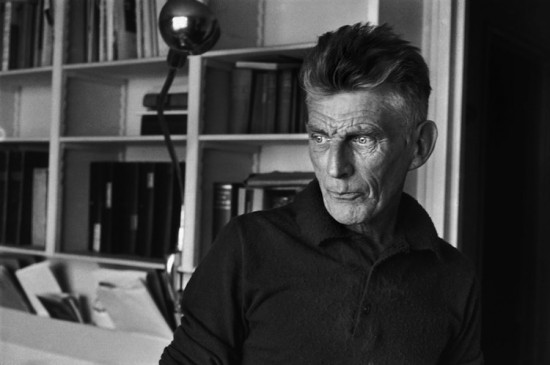
 Samuel Beckett
Samuel Beckett